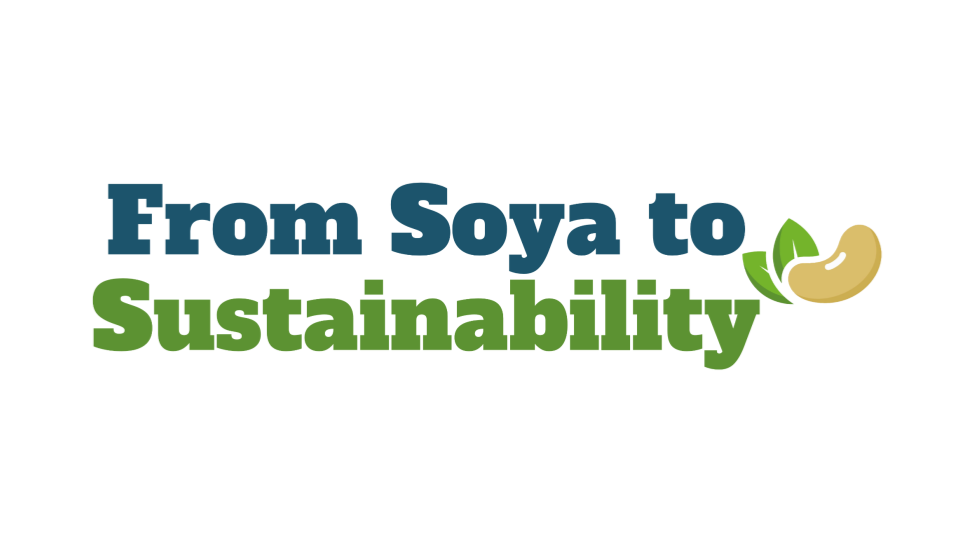
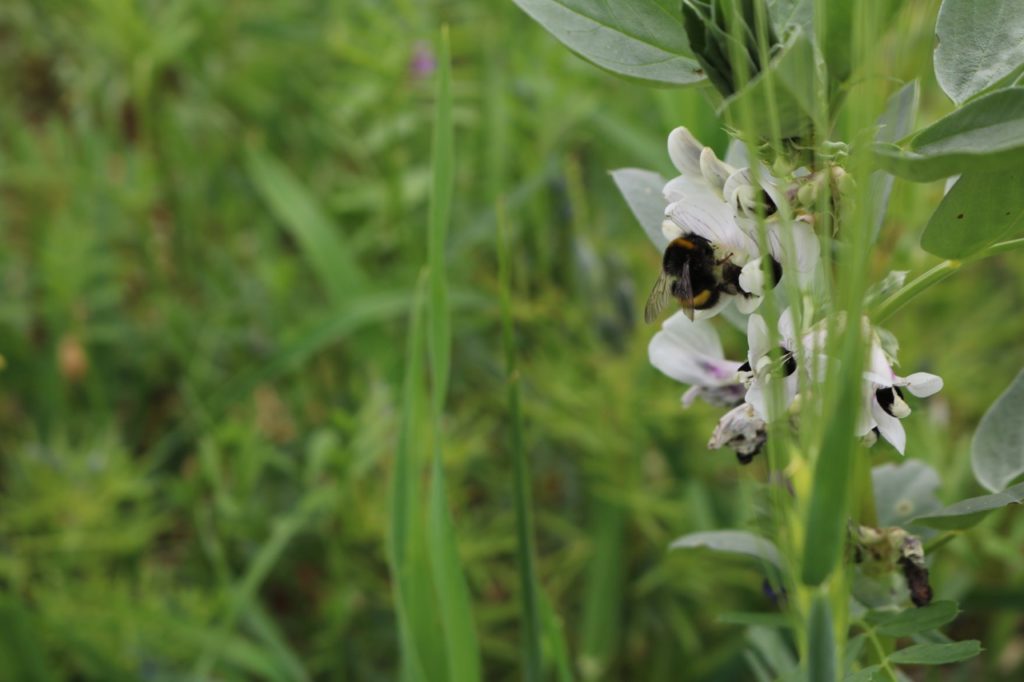
A new event is setting out to drive the transition to a more sustainable, resilient and secure
food system in the UK through reduced dependency on imported soya. This event is part of the Nitrogen Climate Smart Project, in which the Farm Carbon Toolkit is a project partner.
‘From Soya to Sustainability’ will be held on January 22, 2025 at KingsGate Conference
Centre, Peterborough. It will bring together farmers, processors, manufacturers, researchers,
policymakers and industry leaders to explore innovative strategies for integrating beans and
other pulses into livestock diets, reducing the need for imported soya.
Headline speaker Philip Lymbery will emphasise the urgent need for change in our food
systems. Philip is Global Chief Executive of Compassion in World Farming and author of
Sixty Harvests Left: How to Reach a Nature-Friendly Future with other roles including visiting
Professor at the University of Winchester. He was appointed UN ambassadorial ‘Champion’
for the 2021 Food Systems Summit in New York and co-lead of its Sustainable Livestock
Solutions Cluster.
Other speakers will include experts leading the charge for reduced use of soya in the UK
who will share the latest research and innovations in the production and use of peas and
beans.
There will also be ample networking opportunities enabling delegates to connect with like-
minded experts from across the supply chain.
Roger Vickers of PGRO and lead of the NCS Project which is coordinating the event said:
“This event is a call to action for all in the agri-food supply chain to play their part in the
move from soya to sustainability, which is urgently needed if we are to reduce our
environmental impact.
“Growing more pulse crops in the UK and using them in livestock feed would help tackle our
dependency on imported soya while also promoting agricultural practices that benefit
farmers and the environment. There are multiple wins, but it is not an easy fix.
“We need urgent and concerted action across the supply chain if we are to make a
difference. I encourage anyone working in the agri-food supply chain to attend and be part of
a movement for change.”
To find out more and secure tickets, visit ncsproject.co.uk
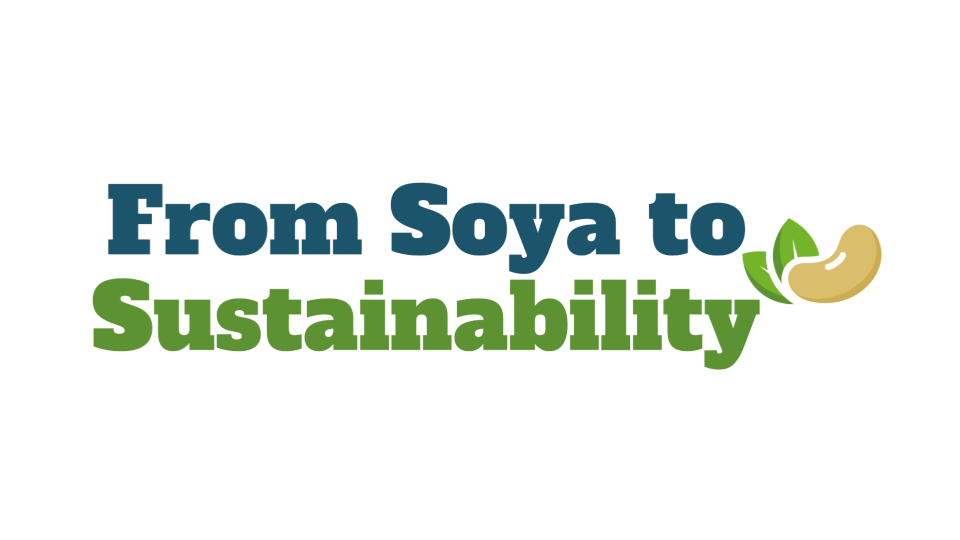
ENDS
Notes to editors:
All press enquiries for NCS and From Soya to Sustainability should be directed to Clemmie Gleeson
clemmie@bofin.org.uk
A selection of high-resolution pictures, including photos of key project representatives, general shots
of pulse and legume crops and logos can be found here.
From Soya to Sustainability is organised by partners in the NCS Project.
Nitrogen Efficient Plants for Climate Smart Arable Cropping Systems (NCS) is a four-year £5.9M
research programme involving 200 UK farms and 17 partners.
The project aims to bring about a reduction in greenhouse gas emissions for UK agriculture through increasing pulse and legume cropping in arable rotations to 20% across the UK and replacing 50% of imported soya meal used in livestock feed rations with home-grown legumes.
The project is steered by science and proven by real farm enterprises, with significant benefits for both
crop and livestock productivity, including cost savings of over £1bn/yr.
PGRO (Processors and Growers Research Organisation) leads the consortium that includes AB Agri,
ADAS, Agrii, BOFIN (British On-Farm Innovation Network), Cranfield University, Farm Carbon Toolkit,
Firstmilk, GWCT (Game and Wildlife Conservation Trust), The James Hutton Institute, Kelvin Cave,
LC Beef Nutrition, LEAF (Linking Environment And Farming), McArthur BDC, PBL Technology, SRUC
and Wessex Water.
The NCS Project is funded by the Farming Futures R&D Fund: Climate smart farming, part of Defra’s
Farming Innovation Programme. Defra are working in partnership with Innovate UK who are delivering
the programme. Project number: 10043778
Innovate UK is the UK’s national innovation agency. It supports business-led innovation in all sectors,
technologies and UK regions, helping businesses grow through the development and
commercialisation of new products, processes, and services. ukri.org
Farmers are encouraged to join the PulsePEP community, a platform and knowledge exchange hub.
For more, visit ncsproject.co.uk
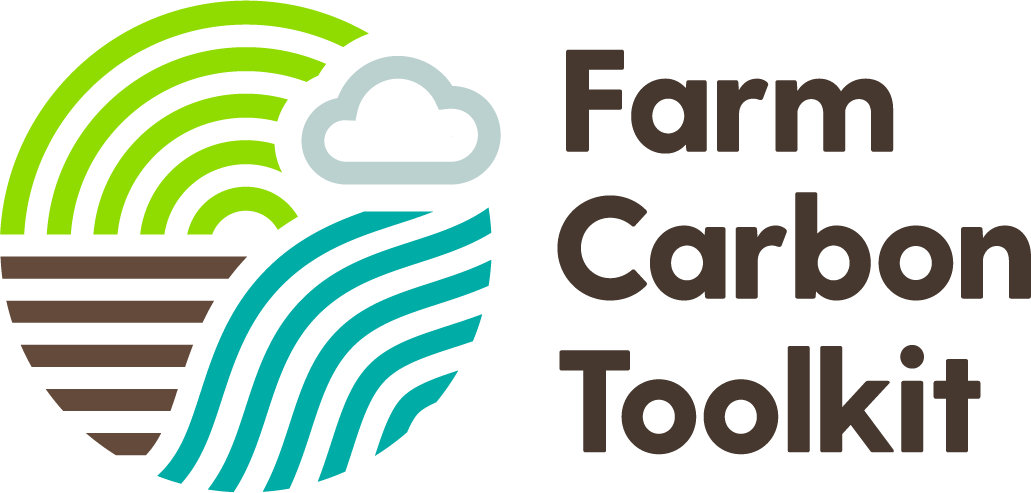
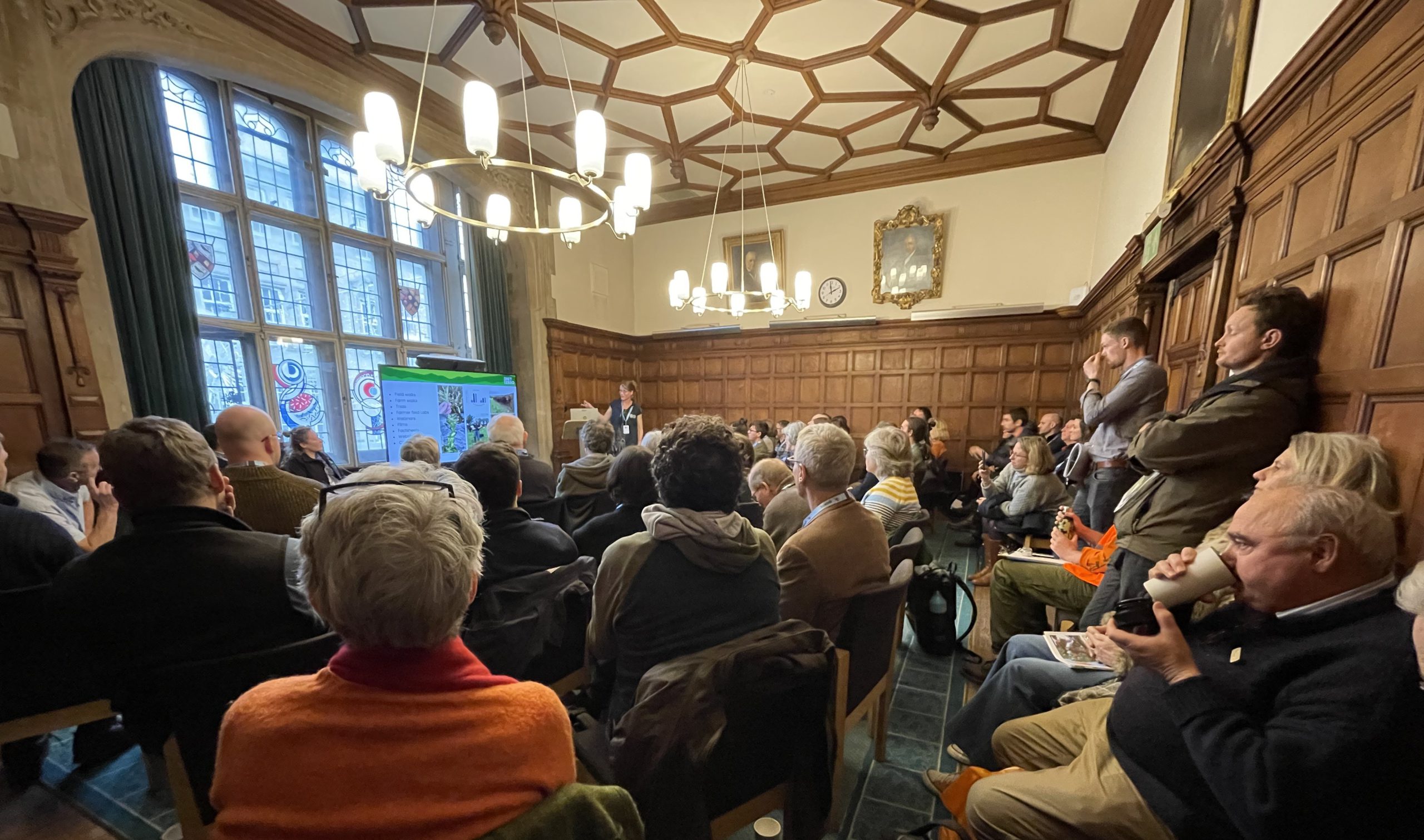
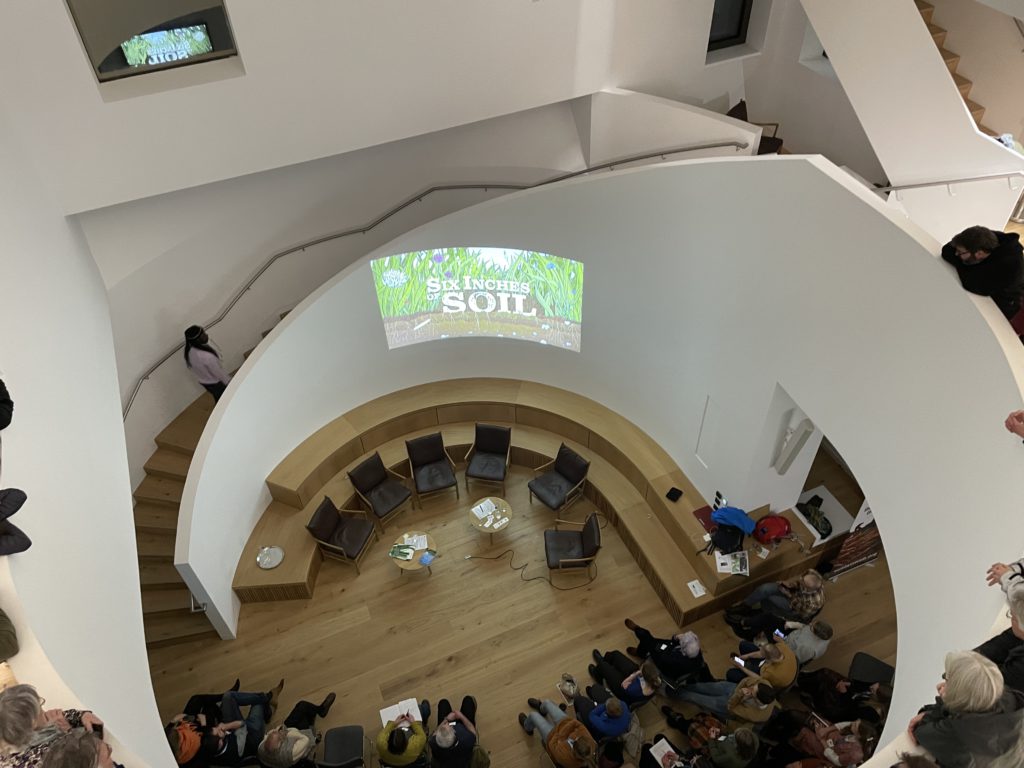
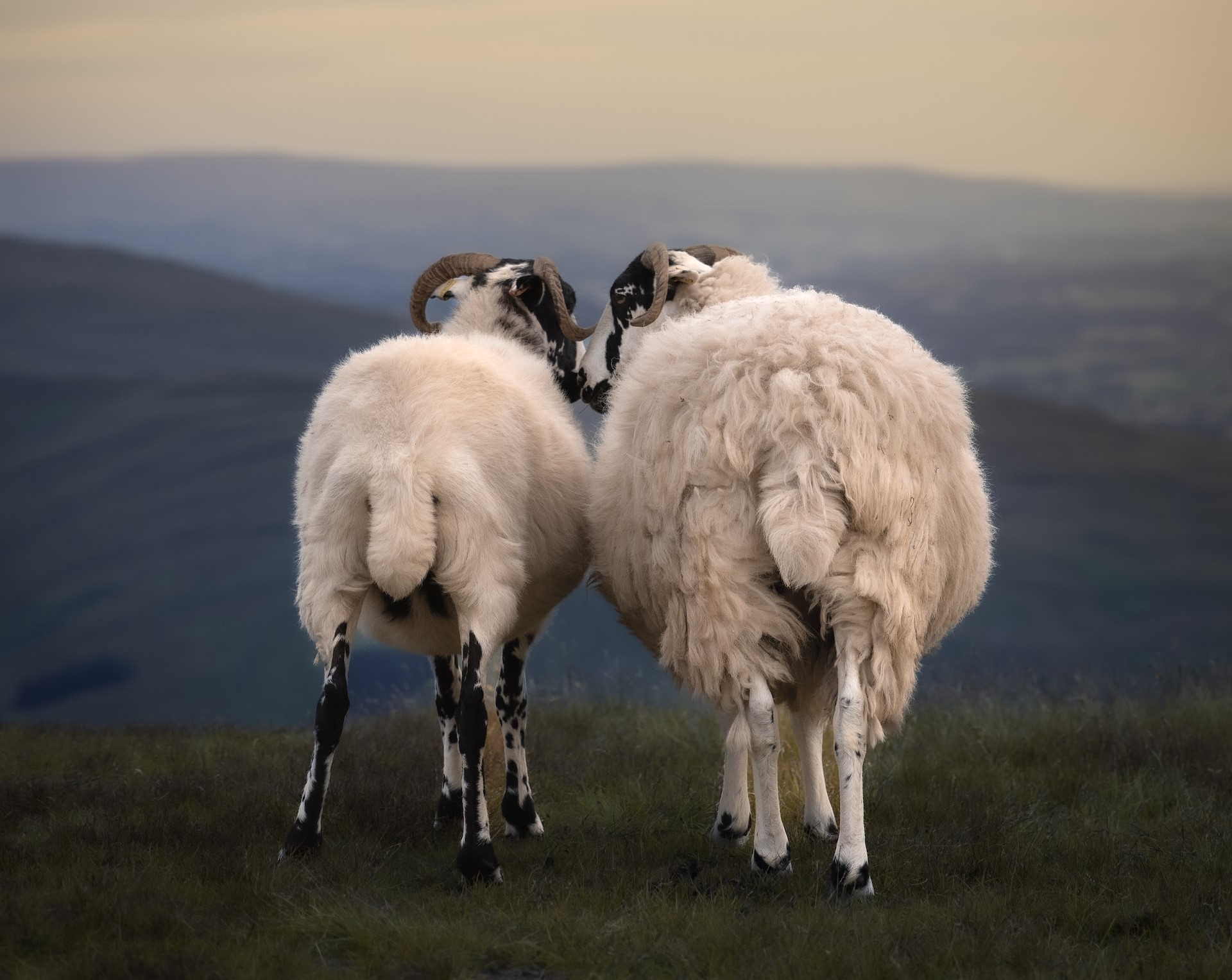
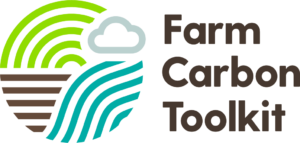
Recent Comments